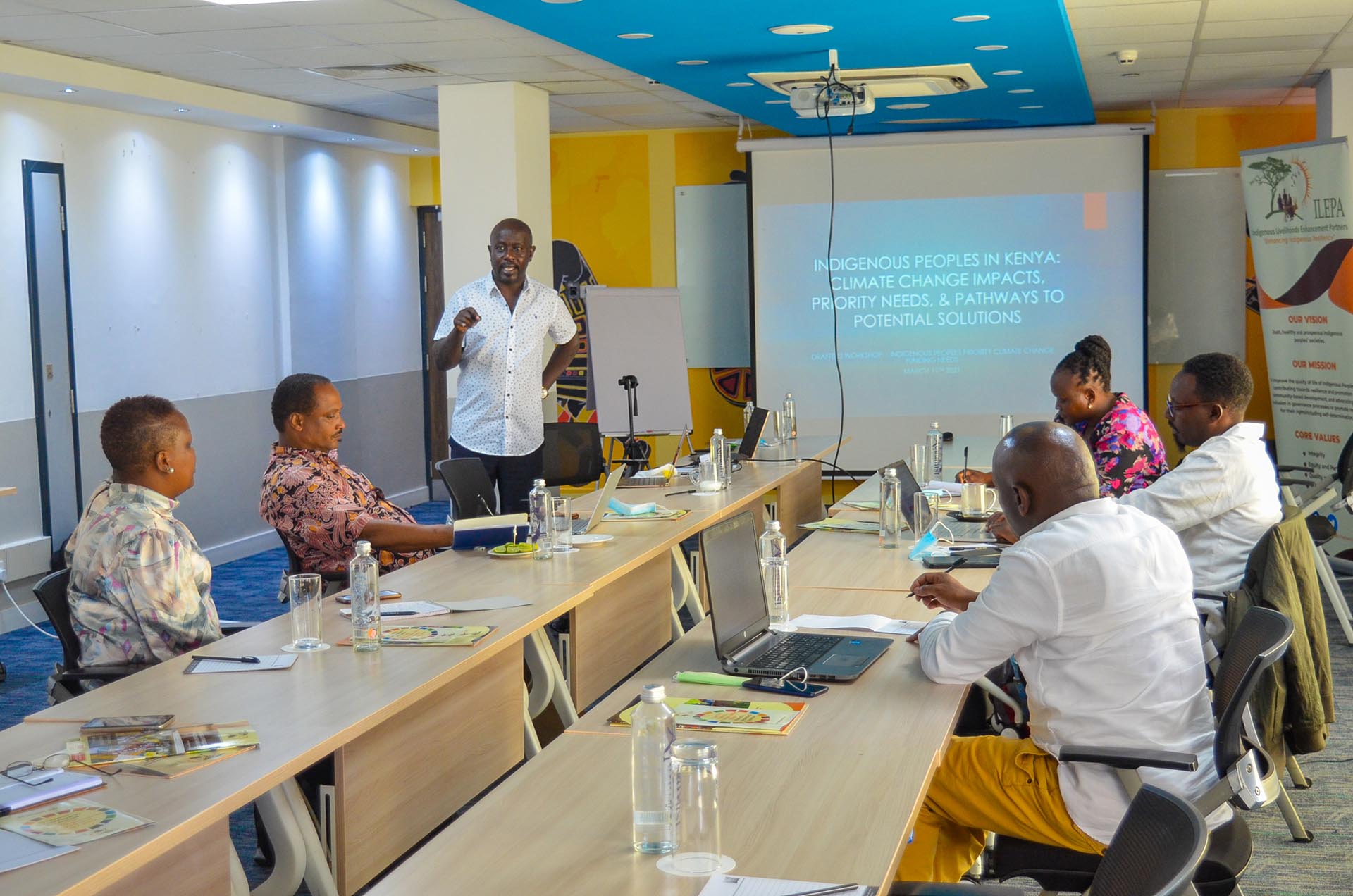ILEPA innovative approach to promoting communities of practice is the Indigenous Peoples Sustainable Self-Determined Development (IPSSDD): This is the overarching approach looking inwards when working with pastoral indigenous peoples. This is a more holistic, equitable and far-reaching framework, which can increase the possibilities of bringing about social justice, gender-parity, inter-generational and intra-generational equity and sustainability for Indigenous pastoral peoples.
This holistic framework integrates the human rights, the ecosystems, and knowledge-based approaches (which respects IPs’ traditional knowledge and integrates appropriate and other relevant knowledge systems), in an intercultural approach. The holistic framework puts IPs’ rights in the center of development while ensuring the protection and sustainable use and management of the environment, support for sustainable traditional livelihoods and the respect for cultural diversity. The human rights-based approach (HRBA) identifies the rights-holders and duty-bearers and articulates steps necessary for rights-holders to claim their rights and capacity building and other support from duty-bearers. Duty-bearers need to meet their obligations.



